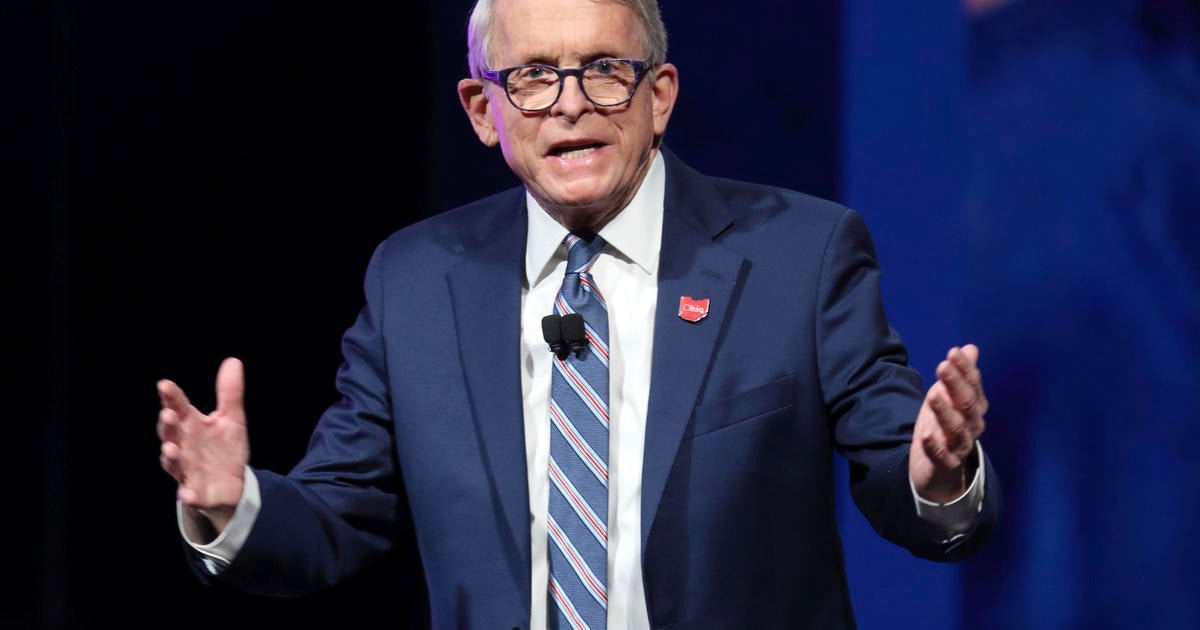
Ohio governor signs bill allowing school employees to carry guns after one day of training
CBSN
Republican Governor Mike DeWine signed a bill into law Monday that will allow education employees in Ohio to carry guns on school premises after having received just one day's worth of training, at most. The law is an attempt to undo the effect of an Ohio Supreme Court ruling last year, which mandated that per the law at the time, school employees were required to undergo hundreds of hours of training before arming themselves in schools. It takes effect this fall.
The law, as enacted, requires up to 24 hours of training before an employee can go armed, and up to eight hours of annual training. The training programs must be approved by the Ohio School Safety Center, and DeWine announced he's ordering the center to require the maximum 24 hours and the maximum eight hours.
Schools can provide additional training if they wish, DeWine said. The governor explained earlier this month that school districts can decide to "designate armed staff for school security and safety," but they can still prohibit guns on campuses if they choose to do so.
